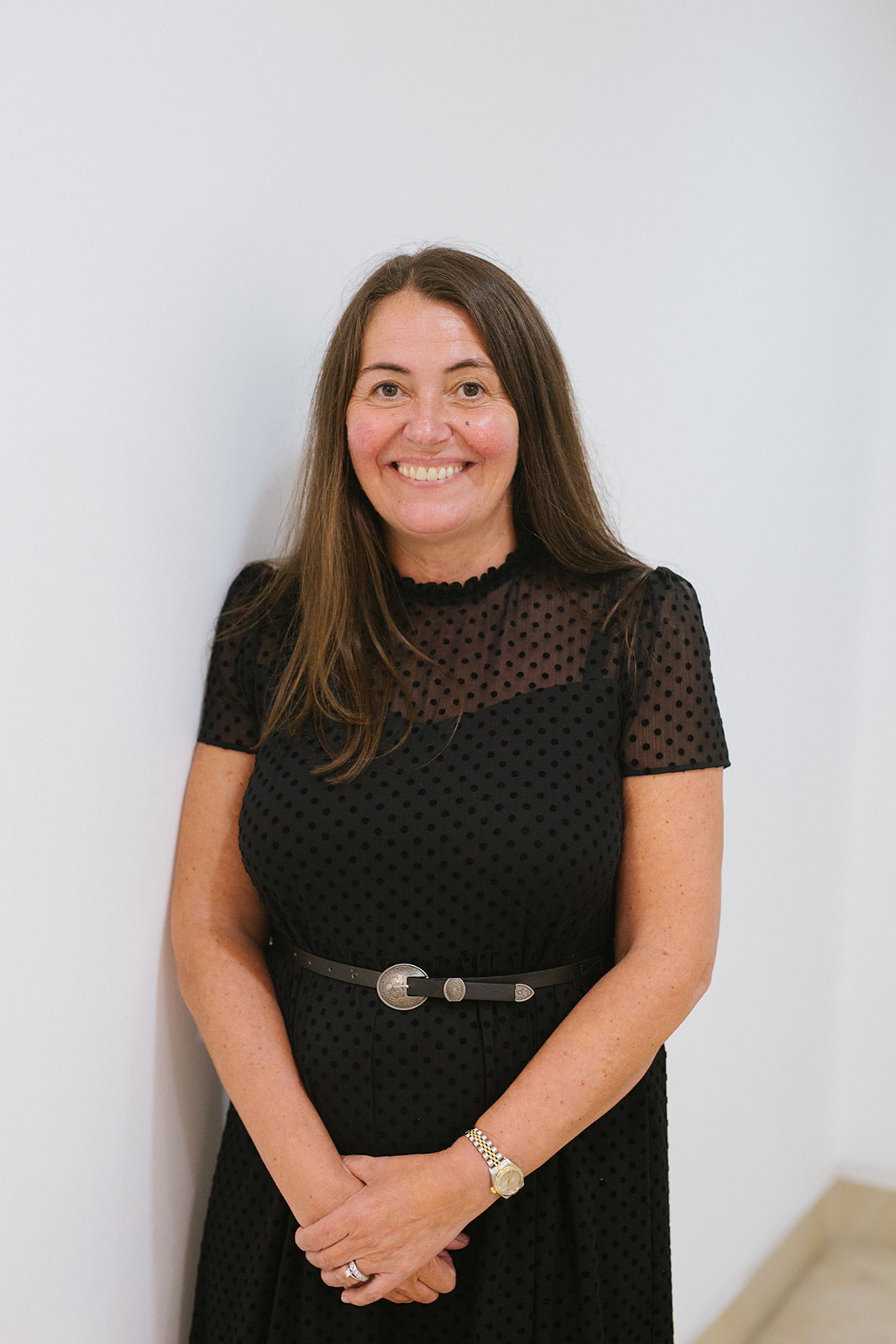Get to know…Eleanor Brodie, LexisNexis Risk Solutions U.K. and Ireland
Modern Insurance Magazine sits with Eleanor Brodie, Data Science Manager, Insurance at LexisNexis Risk Solutions U.K. and Ireland, for a chat about the insurance industry.
Tell us about your role at your firm. What do you do, and what do you find most interesting about it?
Based from our offices in Dublin, I work in support of the UK and Ireland and International data analytics teams at LexisNexis Risk Solutions, Insurance. I lead the model building and research and development activities for our new solutions and enhancements to our existing products across the motor, home and commercial sector. One of the most interesting aspects of this is working directly with insurance providers to help them leverage the opportunities new data sources can bring to their business. We work very much in partnership with our insurance clients, supporting them as they incorporate new data products into their own predictive models.
As technology advances, global geopolitical events unfold, pandemics happen and climate changes occur, the insurance market changes and so does the need for different data. I love the fact that my job is constantly evolving as new pain points for the market appear. It’s hugely rewarding when, after going through many processes from prototype to launch, we are able to bring a new dataset to insurers and brokers to satisfy a new market need. The latest enhancement to LexisNexis® Quote Intelligence, a solution that connects and compares thousands of motor insurance quotes from across the market, is a great example. We can now offer an enhanced Manipulate Module to help motor insurance providers identify if information, such as vehicle modifications or where the car is parked overnight, has been changed across online quotes. This insight can then be used as an additional risk factor at new business to support fair and accurate pricing, as well as ensuring insurance providers can provide the right product for the consumer’s needs.
We’re also beginning work and accepting data for the Precision Claims database to start drawing unique attributes from shared claims data.
What are the challenges facing your business right now, and how are you working to overcome them?
There’s no denying that data is big business and the insurance sector is competing with so many other industries and tech sectors to recruit the data analysts or data scientists needed to help inform business decisions across the globe. Fortunately insurance is a goldmine of data opportunities, so our sector is very attractive to those seeking a career in data. Having said this, there is a recognised skills shortage of data professionals so at LexisNexis Risk Solutions we create the right infrastructure to both attract and retain talent, which goes beyond salary and benefits. Key to this is creating a diverse and inclusive environment. Already we have a good balance of females in leadership positions, in fact two are representing the company in the Women in Insurance Awards later this year.
We take on graduates from disciplines as diverse as mathematics, statistics, computer science, data science, physics, financial maths, actuarial science and engineering. These graduates are given a robust hands-on training through data access, data analysis, model building to model implementation. Of course, learning is a lifelong requirement, especially in data science. That’s why we provide continuous on-the-job learning, including sponsored educational programmes.
It’s easy to see that as our world changes through data transformation, the need for data scientists will only increase. Through our established recruitment and retention programme we can pick off the best talent to work in our dynamic industry.
If you could go back to the start of your professional career, what piece of advice would you give to yourself?
My piece of advice to anyone considering data science as a career, including myself, is to be honest with yourself! You can build a lot of cool stuff but you have to understand the data. It’s a hard-fought battle to properly understand data and build something that effectively better predicts an outcome. You must move from the safety of an R&D environment to a production environment, which can be a scary prospect and a hard road to get all the pieces to align. A lot of patience is required to dig data and find the right solution in a regulatory-focused environment like insurance. It’s a fun challenge.
What would be your prediction for the industry in 2022 and beyond?
In the short term, I see the growing use and adoption of data sharing initiatives amongst insurance professionals to assess the risk of a new policy at point of quote and help assess claims at the latter end of the insurance lifecycle.
Already over 86% of the motor insurance market is sharing data and in return receiving insights from a motor contributory database, getting valuable information on policy history data to help understand risk. In the same way data on policy history, quote history and No Claims Discount history is shared by the motor market, highly granular claims data gathered from across the market will soon allow insurance providers to validate claims history at point of application and quote and build a very detailed picture of risk for new business and renewal pricing. As fraud continues to be a major issue facing our industry, I believe data sharing will become even more of a business imperative for the market.
What made you want to work in this industry?
I’ve always been fascinated by how numbers affect the world we live in. I graduated with a masters in statistics and have been making my way up the data science career ladder ever since. Data surrounds us and is at the foundation of all the trends happening today. Without data corporations don’t have the information they need to predict and model into the future. I have a love of problem solving and as a data scientist you can help individuals and companies by listening, asking questions about a problem or issue and investigating how data can help unravel that problem. I find it endlessly rewarding.
Thus far, what has been your most significant or proudest achievement in your current or previous roles?
I would have to say the proudest and most significant achievement to date has been working with all areas of the business to bring demonstrate the value our Precision Claims product will bring to UK insurers.
How would you like to see the insurance industry improved next year / 5 years / by the time you retire?
It’s all too easy to look to the future and imagine what new data we can obtain through modern technology such as satellites, security systems or connected cars. I believe, however, that many insurance providers could improve their lot through the data they already have at their fingertips. Just think about all the data held by insurance providers in claims, marketing and underwriting – and often held in different sub-brands. Imagine how useful it would be to the insurance provider and the customer to link this all up?
I would like to see more of the insurance industry using the linking and matching technology which is already available, to get a consolidated view of their customer from all touchpoints of their organisation. This 360 degree view of a customer will not only help the insurance provider, but also the policyholder, providing a holistic view of that customer thus enabling the best possible support, whether that is cross-selling a policy which might be useful to them, or pointers on how to best handle a claim.
Of course, as data scientists we must look to the future too and specifically, how Artificial Intelligence (AI) and Machine Learning (ML) can help provide useful enriched data as we move forward and can provide consumers with the convenience factor they crave in this fast-paced world. Already the increasing volume of data coming from connected things means that data normalisation through ML techniques is creating standardisation and consistency for usage based insurance based on this data. This means insurance professionals can provide a more bespoke insurance offer as people are judged on their individual behaviour, rather than ‘average’ for a particular group or location. As we look ahead the insurance industry will continue to be transformed with technologies such as AI and ML for the better, helping providers to price more accurately, reduce claims losses and provide the best possible customer support.

Read more articles from Modern Insurance Magazine here



